Non-Fiction by Sci-Fi Authors
Explore captivating non-fiction works by renowned sci-fi authors. Discover insightful books beyond their fiction, blending imagination with real-world expertise.
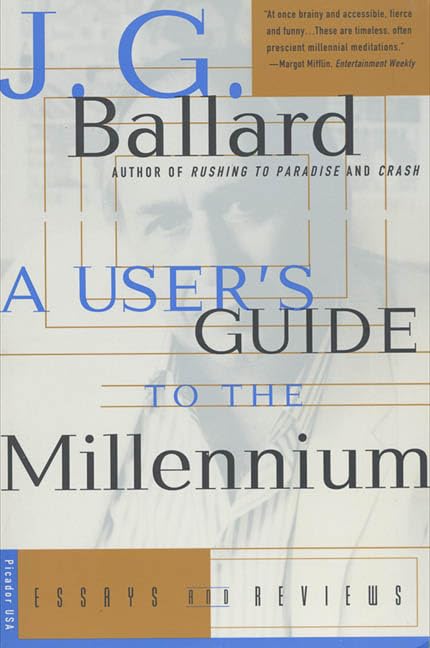
Book
A User's Guide to the Millennium
by J. G. Ballard
A collection of novelist's non-fiction writings spanning more than thirty years addresses topics including the arts, science, literature, popular culture, and his own life.


Book
Tomorrow Now
by Bruce Sterling
Predicting that the next generation will be living in a substantially different world, a forecast for the next fifty years discusses such topics as technology, health, law enforcement, and politics, and has been updated to include an all-new afterword. Reprint. 15,000 first printing.

Book
Trillion Year Spree
by Brian Wilson Aldiss
Crammed with fascinating insights, this book takes us through decades of treats for the imagination. Amusing and authoritative, it examines the great writers SF has produced.


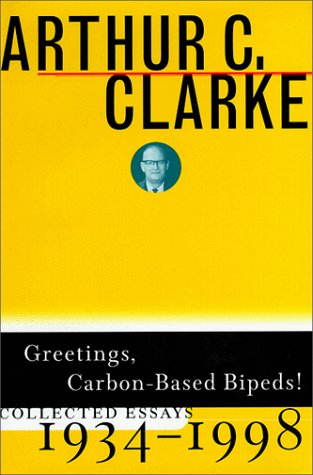




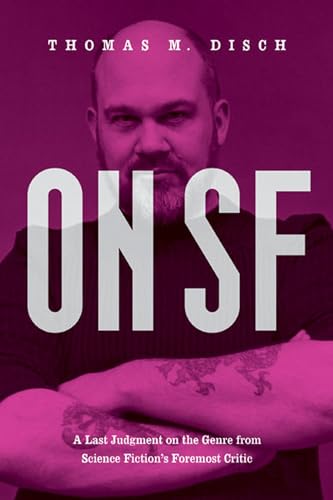

Book
The Dreams Our Stuff is Made Of
by Thomas M. Disch
A popular insider offers a fascinating history of science fiction filled with provocative critiques, tidbits, and insights that reveal much about our cultural and literary history.

Book
Edgeworks
by Harlan Ellison
"A major collection of his incomparable, troublemaking, uncompromising, confrontational essays."--V. 3, cover.
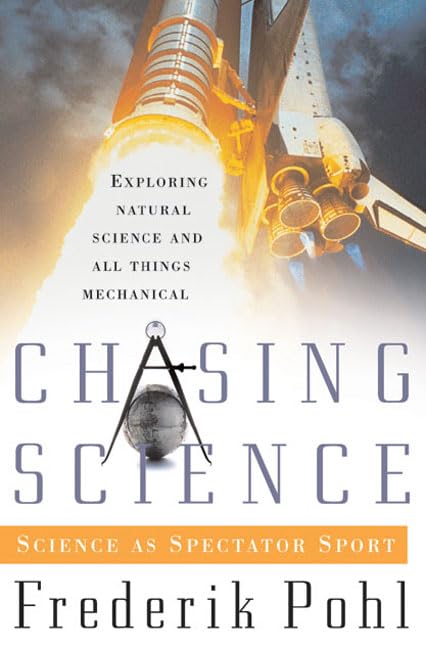
Book
Chasing Science
by Frederik Pohl
Join science fiction master Frederik Pohl as he takes readers on a wonder-filled non-fictional journey from the ends of the earth to the edges of the universe. Part memoir, part travel guide, and part science primer, Chasing Science is Pohl's way of sharing the thrills and excitement of his life-long love affair with science. With the skill and storytelling zest that has made his award-winning science fiction popular the world over, Pohl brings to readers of Chasing Science all the excitement and fun that he's had throughout his life, as he has observed first-hand the process of scientific discovery. From tours of museums and national laboratories to a journey into the heart of a volcano, Pohl shows readers of all ages how and where they can experience the thrill of seeing various kinds of science, up close and personal. This book is a perfect item for visitors to any of the several hundred hands-on science museums--like The Exploratorium in San Francisco, the Field Museum in Chicago, and others--across the country, a complete list of which appears as an appendix.

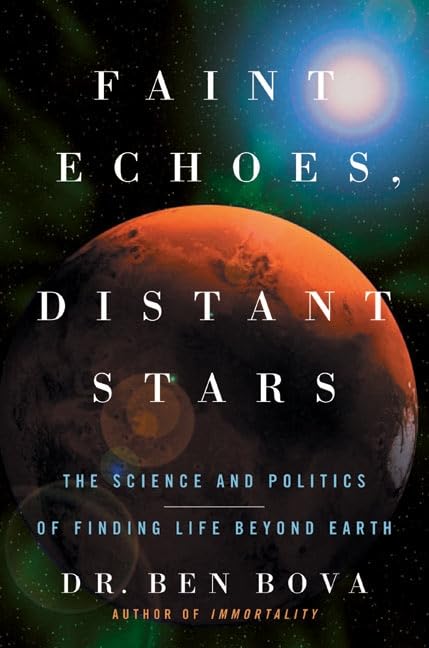
Book
Faint Echoes, Distant Stars
by Ben Bova
Our neighboring planets may have the answer to this question. Scientists have already identified ice caps on Mars and what appear to be enormous oceans underneath the ice of Jupiter's moons. The atmosphere on Venus appeared harsh and insupportable of life, composed of a toxic atmosphere and oceans of acid -- until scientists concluded that Earth's atmosphere was eerily similar billions of years ago. An extraterrestrial colony, in some form, may already exist, just awaiting discovery. But the greatest impediment to such an important scientific discovery may not be technological, but political. No scientific endeavor can be launched without a budget, and matters of money are within the arena of politicians. Dr. Ben Bova explores some of the key players and the arguments waged in a debate of both scientific and cultural priorities, showing the emotions, the controversy, and the egos involved in arguably the most important scientific pursuit ever begun.
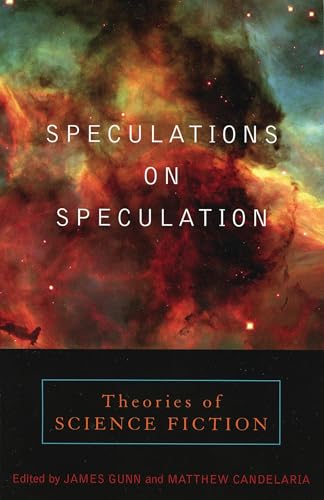
Book
Speculations on Speculation
by James E. Gunn
Science fiction is a field of literature that has great interest and great controversy among its writers and critics. This book examines the roots, history, development, current status, and future directions of the field through articles contributed by well-respected science fiction writers, teachers, and critics. This book can be used as a textbook for courses in theory as well as courses in science fiction literature and science fiction writing.

Book
Voices of Vision
by Jayme Lynn Blaschke
As the world around us becomes more fantastic, and science itself more surreal, the realms of science fiction and fantasy become correspondingly both more bizarre and more relevant. Voices of Vision offers a rare look into the inner workings of this realm and into the very thoughts and methods of those who make it tick: editors and writers of science fiction and fantasy, and creators of comic books and graphic novels. In wide-ranging interviews that are by turns intimate and thought provoking, irreverent and outrageous, Jayme Lynn Blaschke talks shop with some of the most interesting voices in these genres as well as the people behind them, such as current Science Fiction Weekly and former Science Fiction Age editor Scott Edelman. ø A host of authors talk to Blaschke about what it?s like to do what they do, how they work and how they started, and where they think the genre is headed. Blaschke talks to writers such as Robin Hobb, Charles de Lint, Patricia Anthony, and Elizabeth Moon; revered authors of comic books and graphic novels, including Neil Gaiman and Brad Meltzer; and icons such as Samuel R. Delany, Gene Wolfe, Harlan Ellison, and Jack Williamson. Editors such as Gardner Dozois, editor of Asimov?s Science Fiction magazine, discuss their publishing philosophies and strategies, the origins and probable directions of their magazines, and the broader influence of such ventures. For devoted reader, aspiring writer, and curious onlooker alike, these interviews open a largely hidden, endlessly engrossing world.